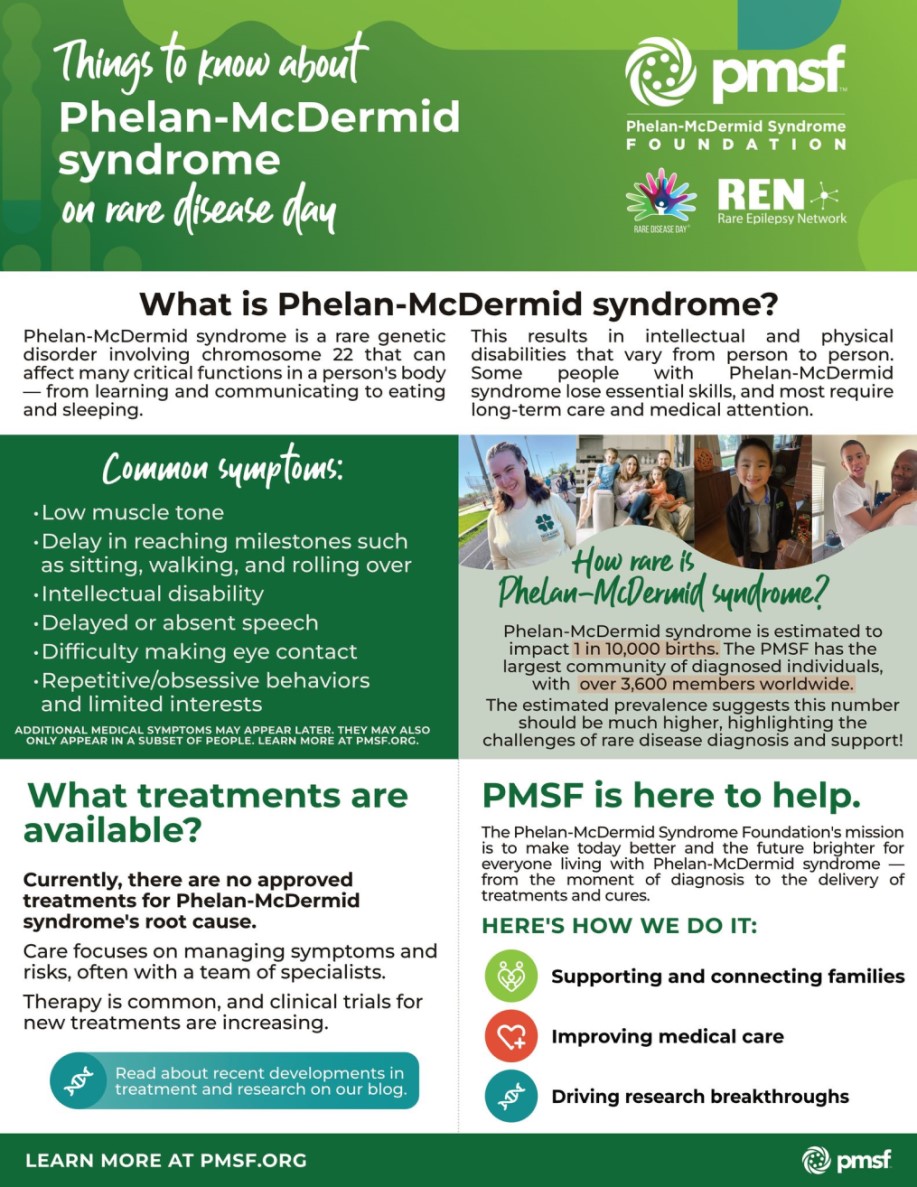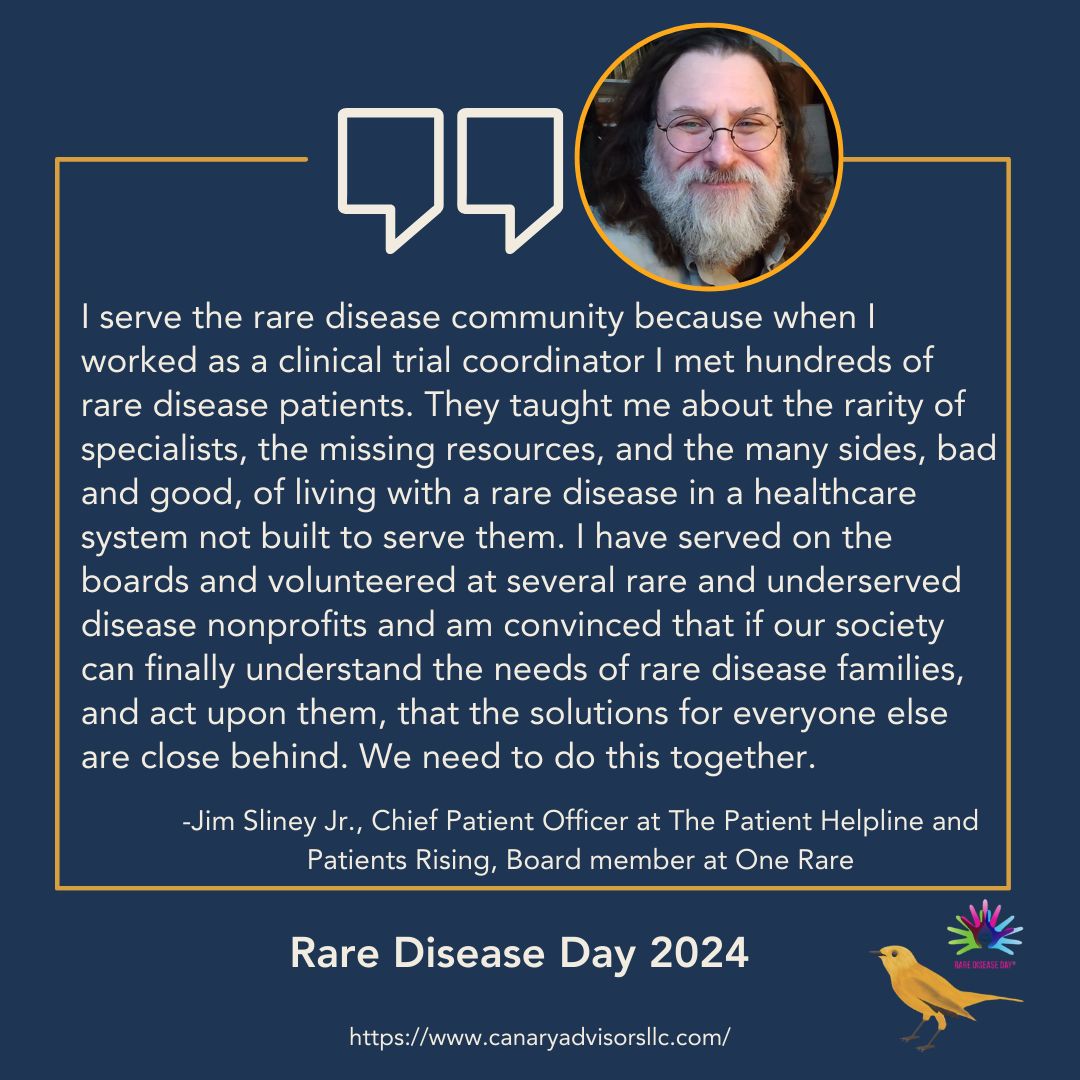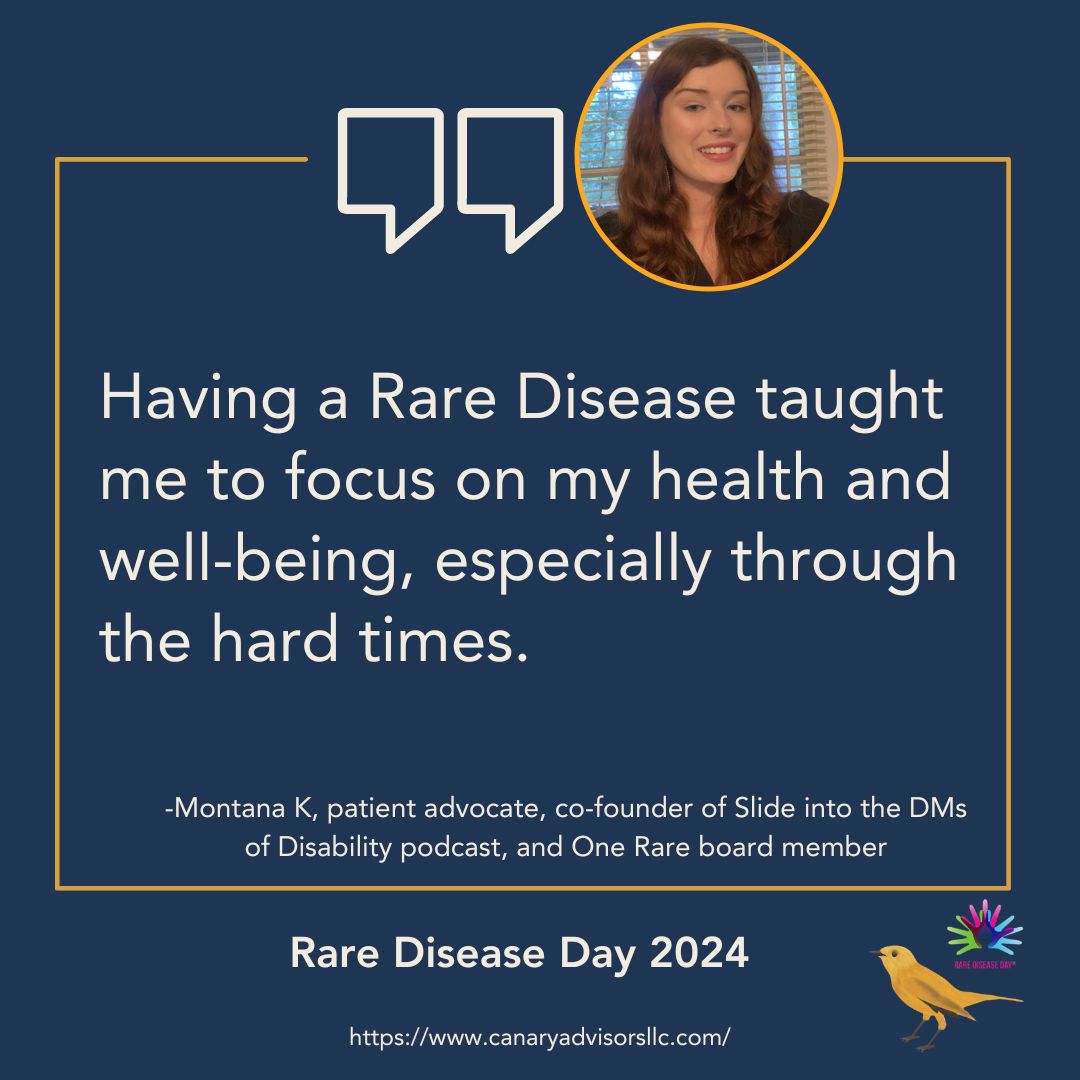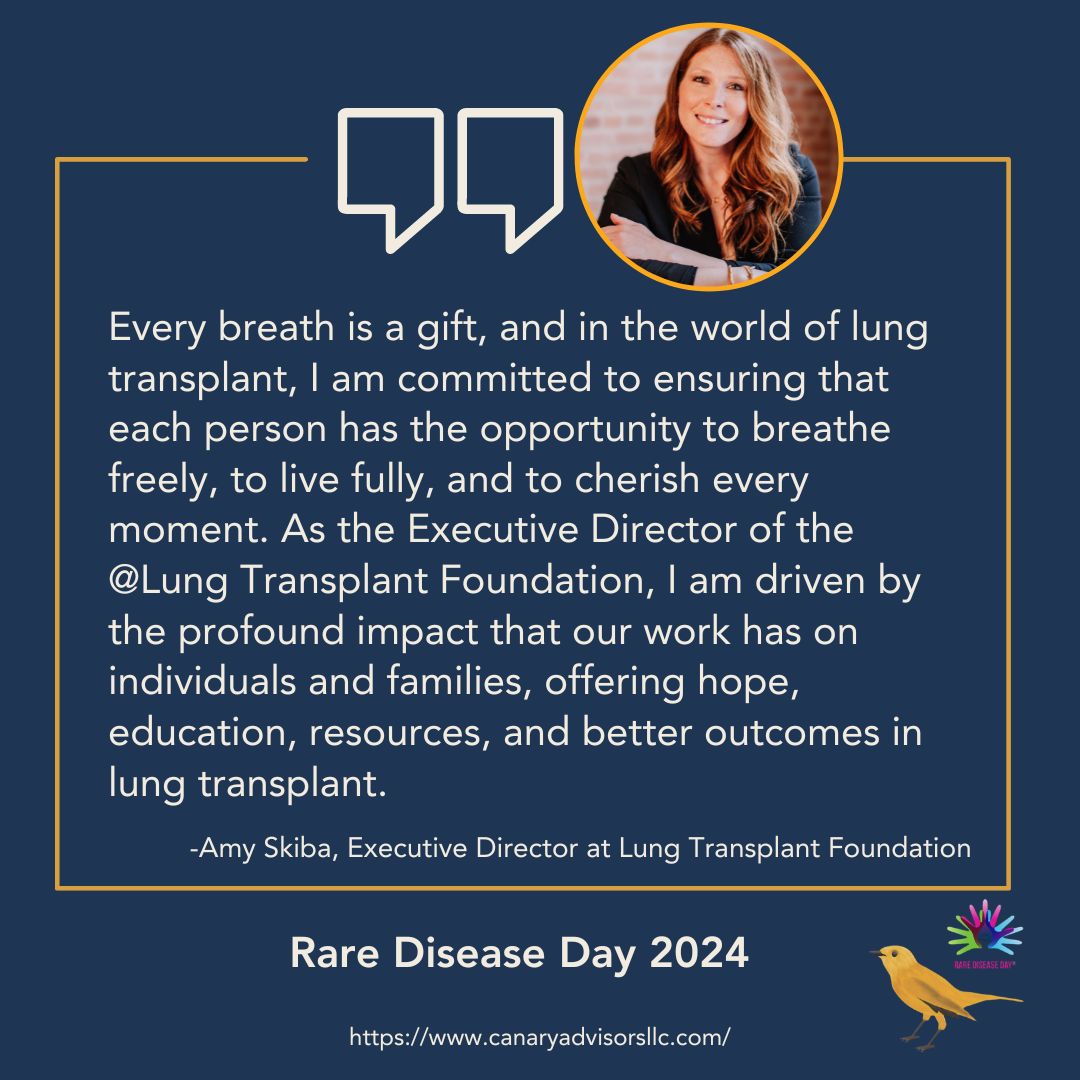
The Rare Moments
Every color tells a story, and we want to hear yours — the stories that offer fresh perspectives, inspire hope in the community, connect unexpected ideas, or simply resonate with you on a personal level.
For Rare Disease Day this February, you’ll find a curation of those stories here — The Rare Moments. Patients, families, researchers, and those dedicated to advancing rare disease treatments will be using this space to share their rare stories. From past experiences with lysosomal diseases to significant highlights of the 2025 Rare Disease Day, and even hopes for the future, you will find diverse and valuable insights that matter to our community and expand our understanding of what it means to live with and work with rare diseases.
Be sure to check back regularly throughout the month for the latest posts, and don’t forget to submit your colorful Rare Moments!
See what’s been shared
We live for the rare moments.
Thank you for sharing and reading this curation from our rare disease community!
With extensive commercialization expertise and deep knowledge of rare diseases, Trinity Life Sciences has supported the launches of some of the most impactful drugs and therapies globally. We remain committed to helping our clients overcome unique commercialization challenges faced by specialized treatments and strive to create a better future for those living with rare diseases.
The Phelan-McDermid Syndrome Foundation is excited to celebrate Rare Disease Day 2024! You can learn more about Phelan-McDermid Syndrome by reviewing our infographic and by visiting our website at pmsf.org.

PMSF.org
www.linkedin.comWith approval of the first treatment to use gene editing to address a genetic rare disease, plus all the very recent innovations in base editing, prime editing, and lipid nanoparticle delivery, I’m hopeful we’ll see an ever-increasing number of gene editing programs in development for patient communities with genetically driven rare diseases. Kudos to the pioneers with development programs for rare cardiovascular diseases, rare blood cancers, rare hemoglobinopathies, rare bleeding disorders, rare metabolic disorders, rare neuromuscular diseases, and rare inherited retinal diseases!

www.linkedin.comThe Castleman Disease Collaborative Network (CDCN) is a global nonprofit organization dedicated to accelerating research and treatment for this rare and often deadly disease, supporting patients on their journeys, and revolutionizing biomedical research to cure countless other diseases. As we recognize Rare Disease Day on February 29, 2024, we are proud to share with you the story of one of the many thousands of Castleman disease patients who inspire our work every day. Learn more at cdcn.org.
www.youtube.comSo incredibly touched to receive this book from our friends at Ultragenyx. Dr. Emil Kakkis has been at the forefront of rare disease research throughout his entire career. I’m looking forward to reading this book throughout Rare Disease Week!

www.linkedin.comWe are excited to share our Keto Care Project! Ketogenic diets are the current standard of care for Glut1 deficiency. Not all patients have access to ketogenic clinical or high-quality ketogenic diet support. The Keto Care Project aims to provide expert ketogenic dietician care to underserved patients and families. Would this be a useful service to your community?
www.g1dfoundation.orgThe Orphan Drug Act (ODA) of 1983 made the development of desperately needed new treatments for rare disease patient communities a possibility in ways it truly had not been before. Over the 40 years of the ODA, 6,340 orphan drug designations were granted, representing drug development for 1,079 rare diseases. Additionally, 882 of those designations resulted in at least one FDA approval for use in 392 rare diseases. While having an approved treatment option for 5% of rare disease communities is progress, we’ve seen time and again how partnering with patient communities increases efficiency. Let’s all do more of that!